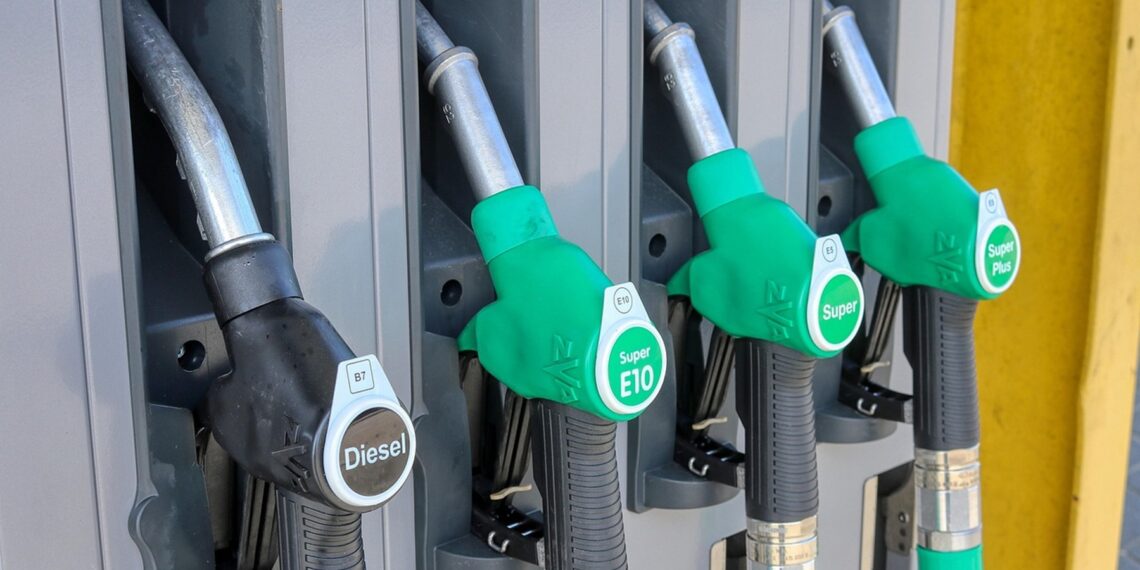New Delhi: Oil prices fell sharply on Tuesday, reaching a two-week low after Israel agreed to a ceasefire with Iran, brokered by former US President Donald Trump.
The truce, which ends 12 days of escalating violence, has allayed fears of a major disruption in global oil supplies.
Benchmark Brent crude prices dropped by nearly $4 to settle at $67.7 per barrel, while US West Texas Intermediate (WTI) crude fell by $3.75 to $64.76 per barrel.
The Middle East, a key oil-exporting region, had been at the center of global concerns over potential supply chain disruptions due to the conflict.
Israeli Prime Minister Benjamin Netanyahu stated that the ceasefire was agreed upon after achieving the goal of “eliminating” the threat posed by Iran’s nuclear and ballistic missile programs.
The agreement marks a significant de-escalation in tensions that had raised fears of a broader regional conflict.
The Strait of Hormuz, through which nearly 20% of the world’s oil supply is transported, had been at risk of closure due to Iranian threats during the conflict.
Iran, which produces approximately 3.3 million barrels of oil per day, exports nearly 1.5 million barrels daily, primarily to China (80%) and Turkey.
The ceasefire has eased worries about a disruption in this vital oil shipping route.
For India, which imports around 85% of its crude oil needs, the decline in oil prices is a relief.
Rising oil prices typically inflate the country’s import bill, push up inflation, and weaken the rupee against the US dollar.
Petroleum and Natural Gas Minister Hardeep Singh Puri assured citizens that the government is closely monitoring the situation in the Middle East.
He emphasised that India’s oil marketing companies, including Indian Oil, Bharat Petroleum, and Hindustan Petroleum, have sufficient stocks to manage any short-term disruptions.
“We will take all necessary measures to ensure fuel supply stability for our citizens,” Puri said.
He highlighted India’s diversification of oil imports, with increased sourcing from Russia and the US, and the establishment of strategic petroleum reserves to bolster energy security.
ALSO READ: Deputy CM defends Meghalaya’s safety amid US travel advisory concerns
India’s strategic reserves include facilities in Pudur, Visakhapatnam, and Mangalore, with a combined storage capacity of nearly 5 million metric tonnes (MMT).
These reserves serve as a buffer during global supply crises, helping stabilize domestic markets when international oil prices surge.
The truce between Israel and Iran has provided a temporary reprieve in oil markets, easing geopolitical concerns while underscoring the importance of energy security and diversified sourcing for major oil-importing nations like India.















